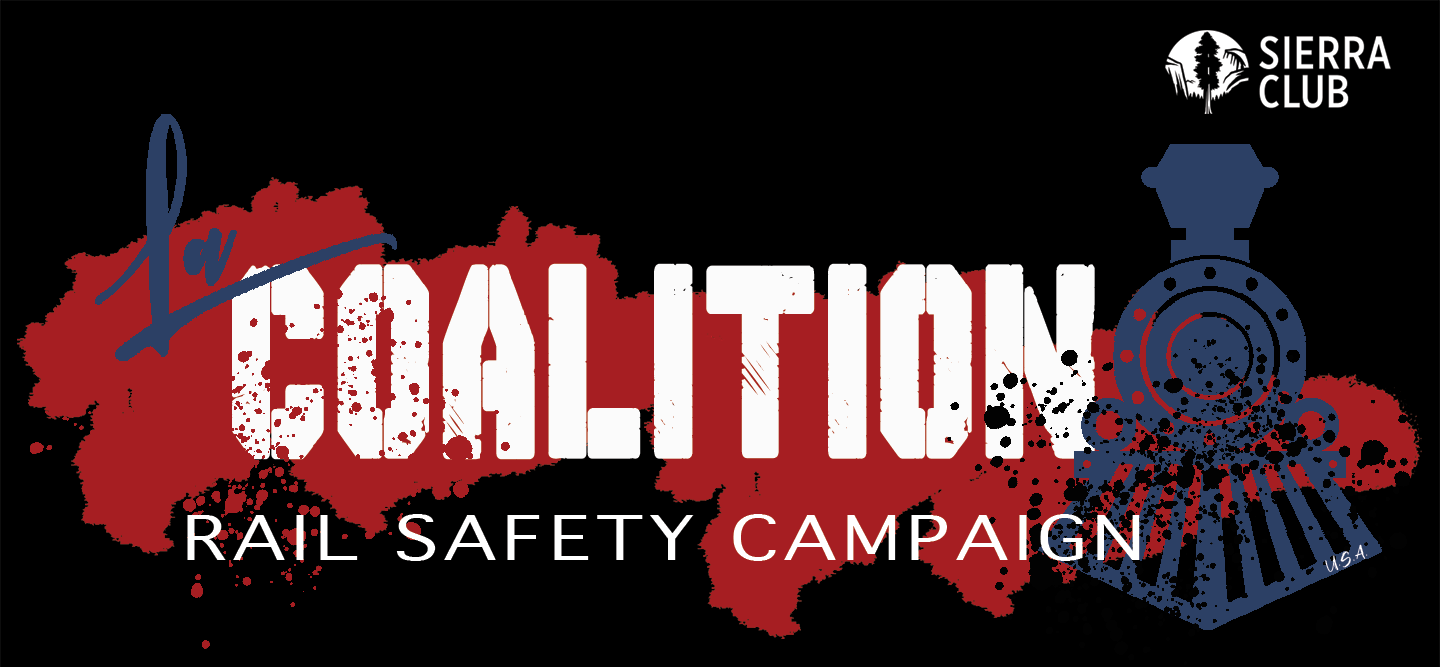Legal Challenge to Constitutionality of Railway Police In Canada Raises Concerns About Those in U.S.
Department of Transportation statistics indicate there have been 1,851 deaths and 61,251 serious injuries or hazardous incidents at Canadian National Railway’s operations in the U.S. since 1975. Another 1,637 deaths along with 46,003 serious injuries or hazardous incidents are reported at Canadian Pacific Kansas City Southern Railway’s operations.
Despite alarming statistics, railroad company executives, management, and directors have circumvented accountability because public police forces surrendered their jurisdiction to the very companies that could be at fault.
Unlike public police forces whose funding, public complaints management, oversight, and employment arrangements are accountable to public authorities, CPKC and CN Railway have consolidated these functions under their own private corporate control, even when the companies’ own interests and potential legal liability for deaths, injuries, and other serious incidents are in question. Even more egregious, the ultimate authority over the chain of command, including over railroad police employment and disciplinary matters, is vested in these companies’ corporate chief legal officers who are based in Canada — a foreign country — undermining America’s national security, sovereignty, and its citizen’s privacy rights.
A legal challenge filed in Canada by attorney Tavengwa Runyowa on July 8, 2025 addresses the constitutionality of private railway police. Concerns raised in this filing speak to the cross-border implications of corporate civilians in Canada commanding police officers in the United States. Railway companies were served and attorneys are now working on serving parties in the United States. The hearing date of February 10, 2026 is a presumptive date for trial.
The challenge asserts, “CN Railway, CPKC, and BNSF have centralized and operationalized a consolidation of powers in their Chief Legal Officers, who are, a) corporate civilians with no law enforcement commissions in Canada or the United States, b) company employees who owe a legal duty of loyalty to their employers, the railway corporations, and the corporations’ shareholders, and c) who have no apparent security clearances to receive, review, access, or direct policing matters relating to sensitive national security matters, criminal investigations, and law enforcement activities in both Canada and the United States.”
Particularly concerning is the toxic and explosive nature of rail cargo transported by private railroad companies, including hazardous substances and rail security-sensitive materials such as military weapons, both of which can be embargoed onto private corporate property.
Runyowa explains, “CPKC and CN railway police in the U.S. have a command structure in which they answer to corporate civilian bosses in Canada. When U.S. police powers operate under a command structure controlled by private interests in another country, and by individuals whose security clearances in the U.S. are unverified by the American public, this creates risks to America’s national security and sovereignty over its criminal law, data privacy, and citizen’s civil rights because critical investigative decisions, sensitive information, and operational priorities can be influenced or directed by people outside the United States with no duty of loyalty to the country.” He further emphasizes, “In Canada, these companies have used their ownership of police forces with federal powers to shield themselves from independent investigations and accountability for deaths, injuries, and other wrongdoing that the companies may be responsible for. They have done so in Canada, so Americans should wonder whether the same corporate leaders who ultimately command their U.S. police officers have been doing the same over the years.”
VIEW: Official Legal Challenge Filing
Independent Report on Railway Policing
Please urge your Congresspersons to protect American citizens by challenging the constitutionality of private- and foreign-owned, corporate railway police working in the United States. This is a matter of national security and public safety.
